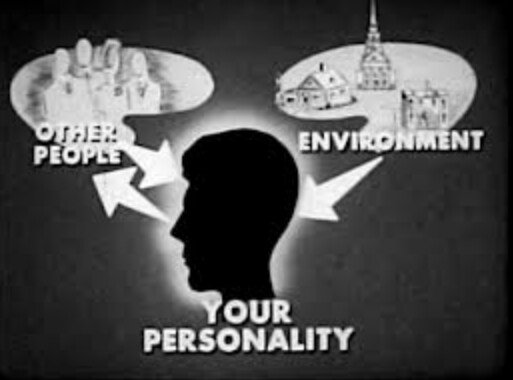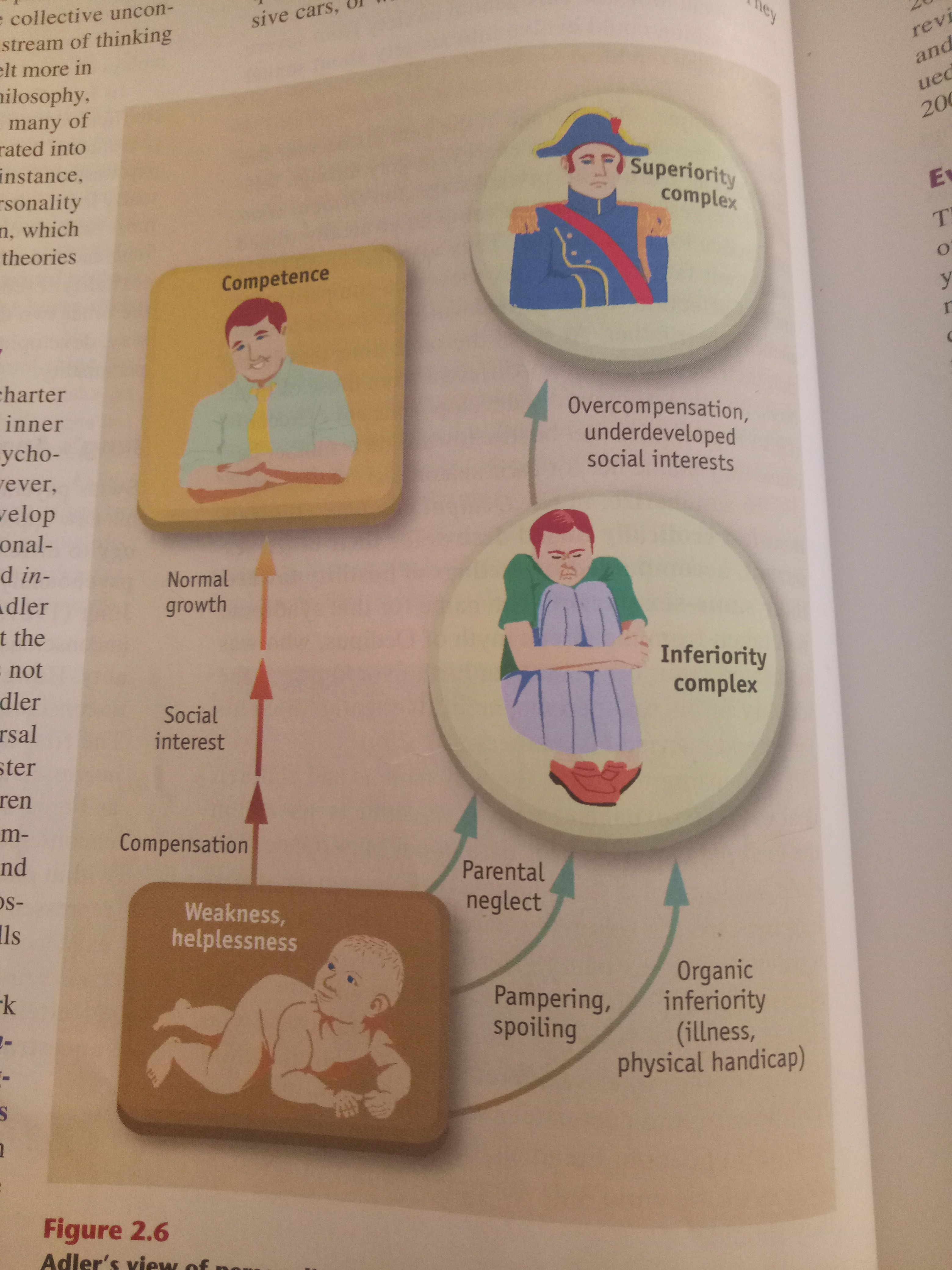Alfred Alder's Individual Psychology Theory: A Different Take On Freud
Who's Alfred Alder? I hear you ask. Well let's start this post with a quick elevator pitch from Wikipedia.
Alfred W. Adler; German:; 7 February 1870 – 28 May 1937 was an Austrian medical doctor, psychotherapist, and founder of the school of individual psychology. His emphasis on the importance of feelings of inferiority, the inferiority complex, is recognized as an isolating element which plays a key role in personality development.
Interesting huh? Of particular interest is the focus on the inferiority complex which is very much a feature of our time with tools such as Facebook seemingly focused on perpetuating a sense of inferiority. Let's explore a little more.
Adler’s work originated from Psychodynamic Theory. He, like other Freudian followers, did not agree with the foremost human drive being sexually orientated like Freud did. Hence, Alder began to develop his own personality theory, Individual Psychology.

pinterest.com
Those figures that split from Feud and developed their own development theories, such as Alder, are known as the post or neo-Freudians. Adler’s Individual Psychology theory is that of an individual striving for superiority. Striving for superiority was viewed by Adler as a universal drive adapted to improve oneself and master life’s challenges.
This striving for superiority can be seen in young children being motivated to learn new skills and talents due to feeling weak and helpless in comparison to an older child or adult. Like Freud, Adler believed that early childhood experiences form the adult personality. Adler focused however on the social influences rather than the sexual.

papermasters.com
Adler believed that parental neglect, parental pampering or physical disorders can cause one to grow to have an excessive inferiority complex (exaggerated feelings of weakness and inadequacy). Adler expressed however that everyone does have feelings of inferiority but these inferiorities (ether imagined or real) are normally worked upon in order to develop one’s abilities.
A part of striving for superiority is how one sees one’s status within the community and how one overcomes life’s challenges. Some say that individuals perceive themselves as superior based upon how the community views the values of the individual’s work or status. Accordingly, when individuals strive for superiority but when they fail in the ability to make a difference and contribute to other’s lives, they tend to err or cease trying which can cause an inferiority complex.

Adler believed that sibling rivalry is a significant development that assists in conquering challenges later in life (such as striving for superiority in the community). Adler was also the first to focus on the importance of the birth order as a factor guiding personality. Overall, individuals want to do something meaningful in their lives and strive for superiority whether they are aware of it or not.

hope1032.com
Adler expressed that an inferiority complex can misconstrue the normal process of striving for superiority and can cause personality disturbance. When a person has an inferiority complex, they tend to “engage in overcompensation in order to conceal, even from themselves, their feelings of inferiority” according to Psychology Applied to Modern Life by Weiten et al.
Those with an inferiority complex tend not to try to overcome life’s challenges and instead work to accomplish status and gain power over others. The issue with this situation is that unconsciously, such people tend to deceive themselves and worry more about how they are viewed than reality.
Although Alder died before WW2, his views on how we see ourselves in relation to our peers seems as relevant today as it perhaps ever was. In our keep-up-with-the-Jones society, his work warrants a moment's thought.
So basically what he was saying is those that seek power such as politicians etc have daddy issues...and probably sexual envy of their mothers... Well i suppose that explains a few things. :)
Well the daddy / mummy issues topic is more of a Freudian thing @realtreebivvy... politicians? well are they really people? Not sure that narcissists follow the same play book as the rest of us! Thanks for the comment :-)
Wow this guy is a genius. Every people in the world has master the art of crab mentality, we tend to get jealous if others succeed in life but we will get more jealous if one of our friend or family is more successful to us. The sad truth.
Isn't is strange how some things are timeless @mrsexappeal (nice username by the way!). Likely as true now as it was back then.
hahahaha thanks for admiring my username hehehe :) im looking forward to your next blog i enjoy reading it. :)
I really like your posts and I enjoy very much with all your posts.👍
Thank you @jhon-rumbya. What in particular did you like about this post?
Cool post !
I tend to agree with Alder's theories more than Freud's. In our formative years we are not sexual beings, so suggesting that all our motivations stem from sexuality just seems wrong to me.
It seems more likely that the sexual connotations are an overlay that becomes implemented in later years. Someone who was sexually abused as child in their formative years could be heavily influenced by the mechanisms Freud purported but I dare say most people aren't.
Maybe Freud's dad messed with him when he was a boy ?
That's really interesting. I hadn't heard of Alfred Alder before. Although I'm not up on the field of psychology. Still, it was interesting to read. It makes sense that environmental factors could contribute to inferiority. And it's interesting that a feeling of inferiority can lead people to "conquer" later in life.